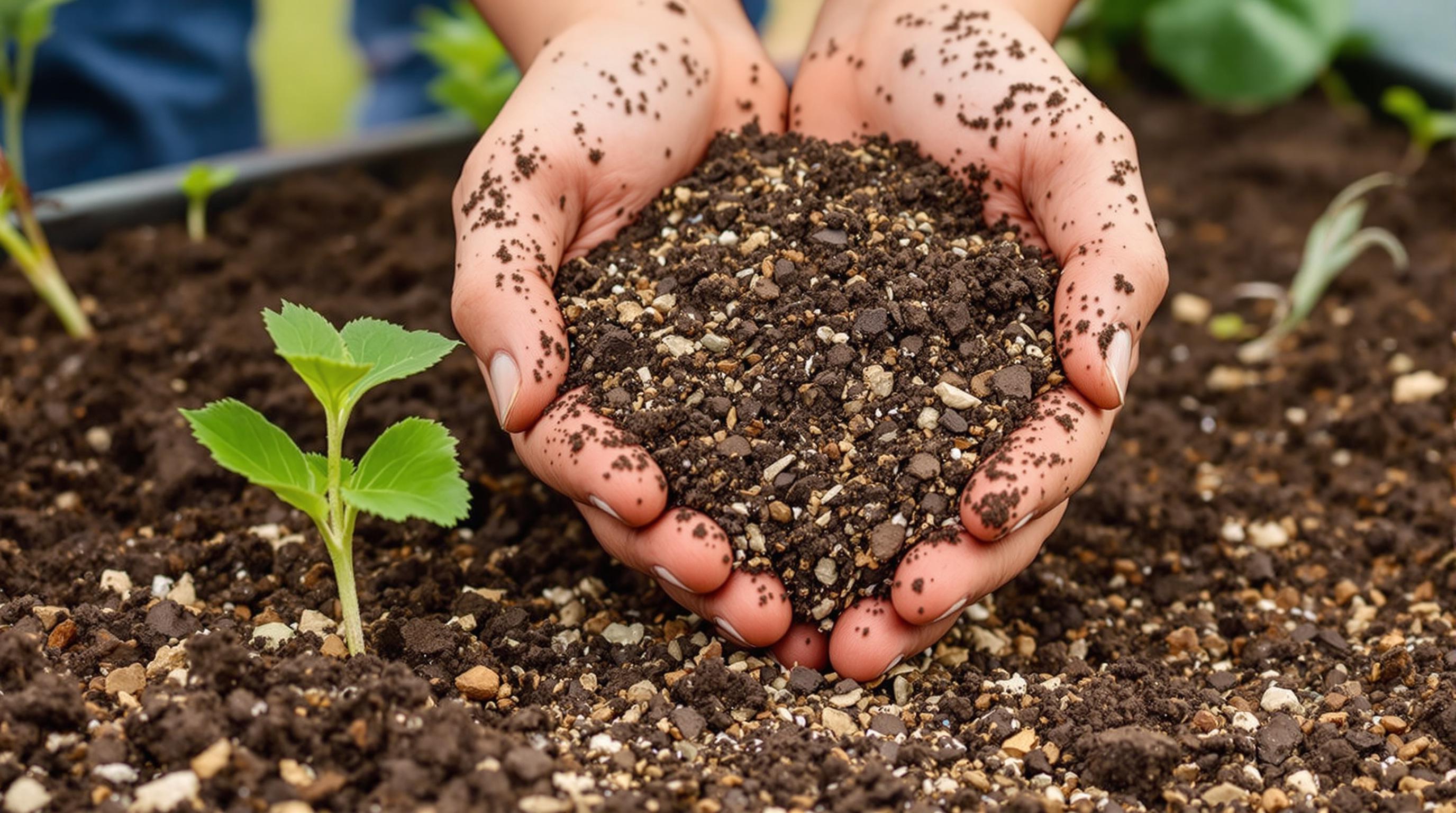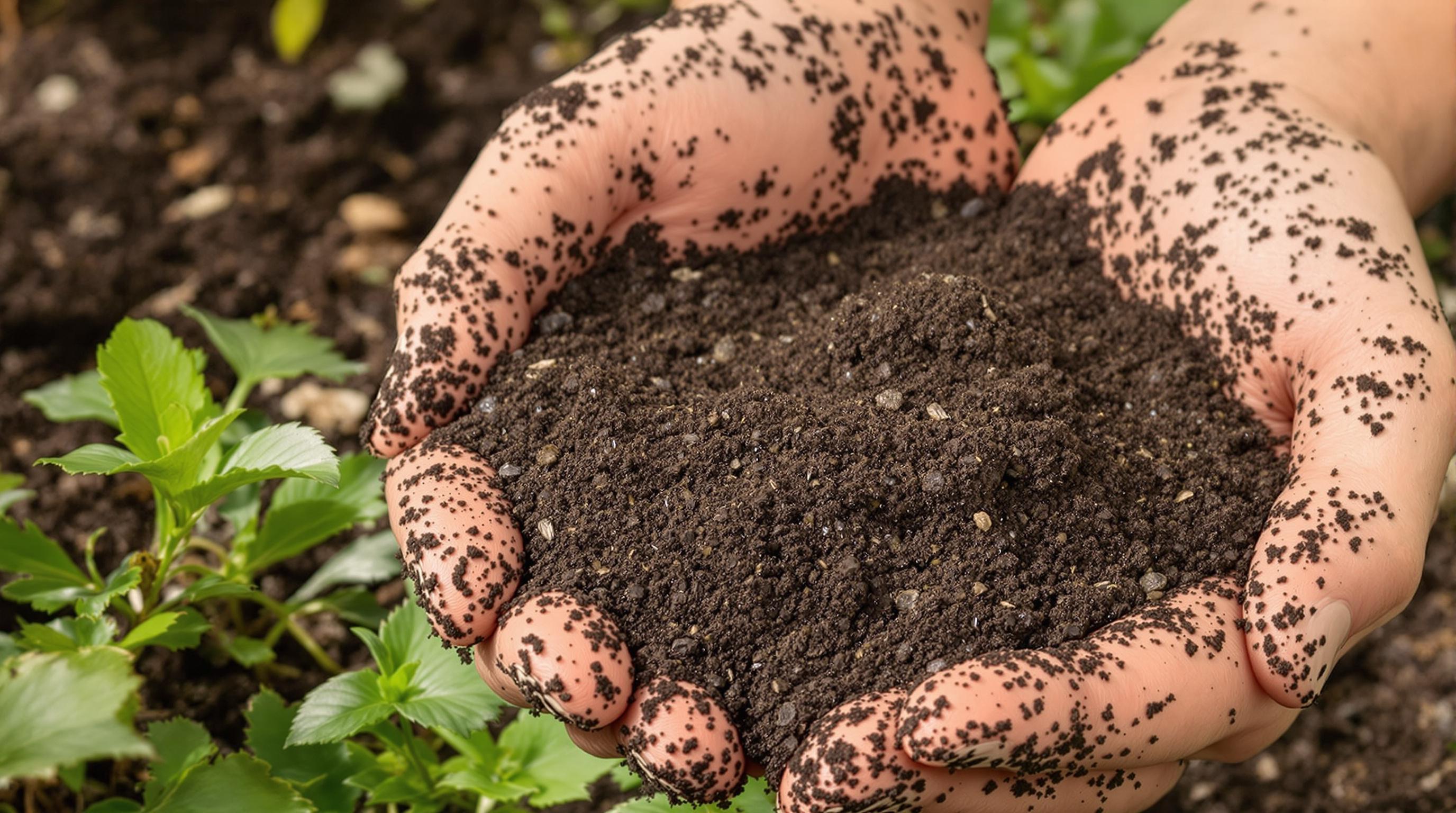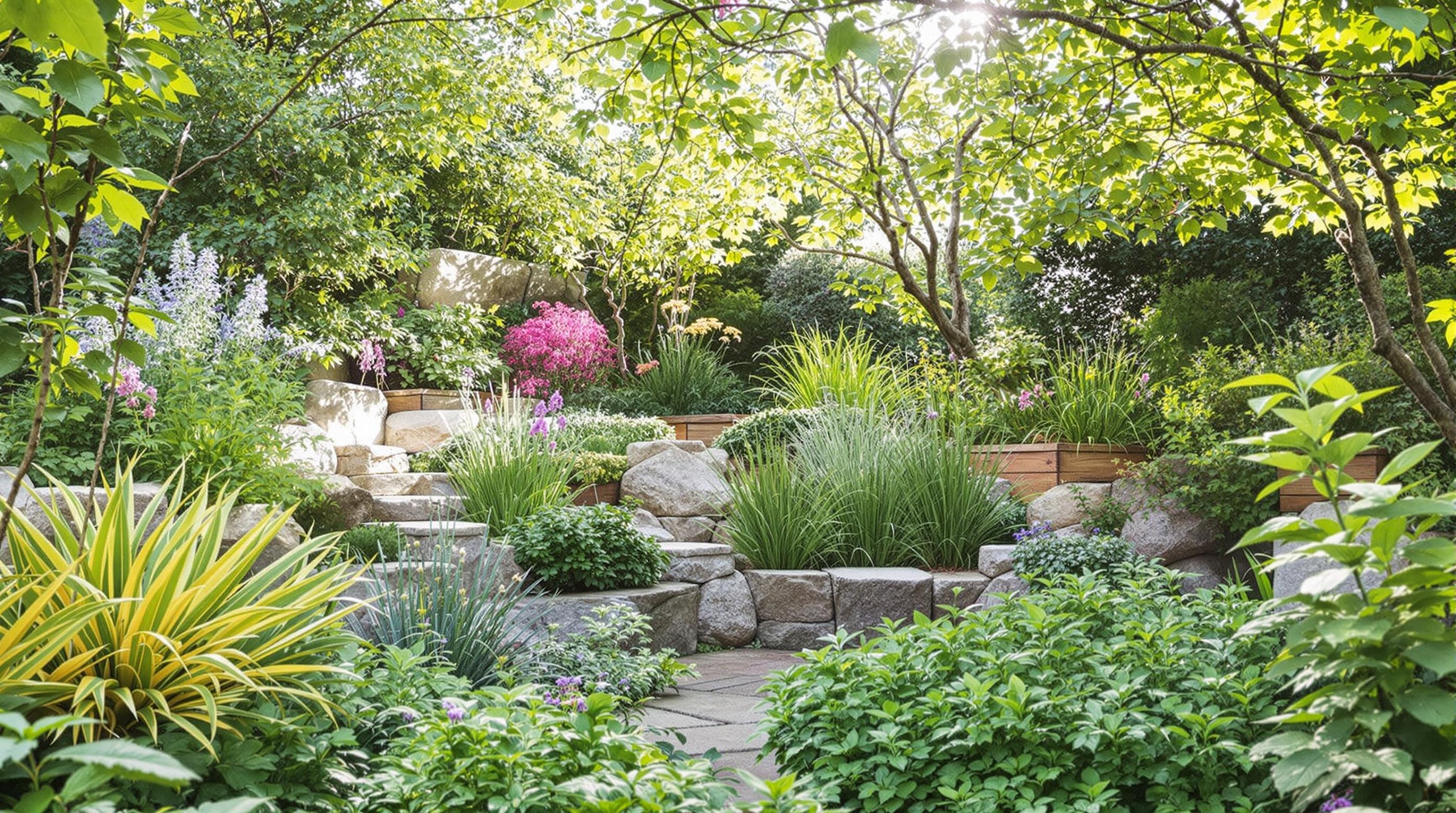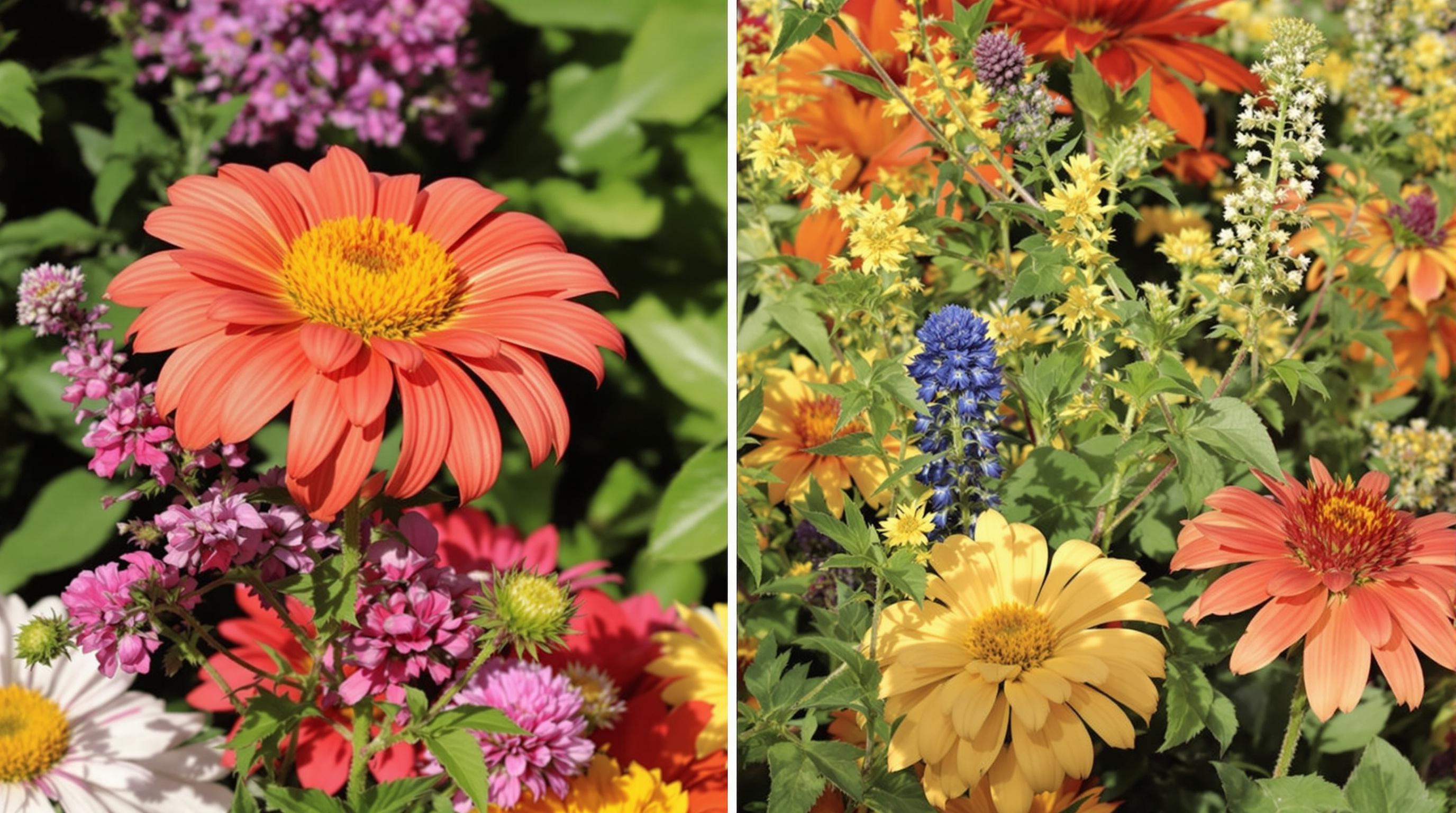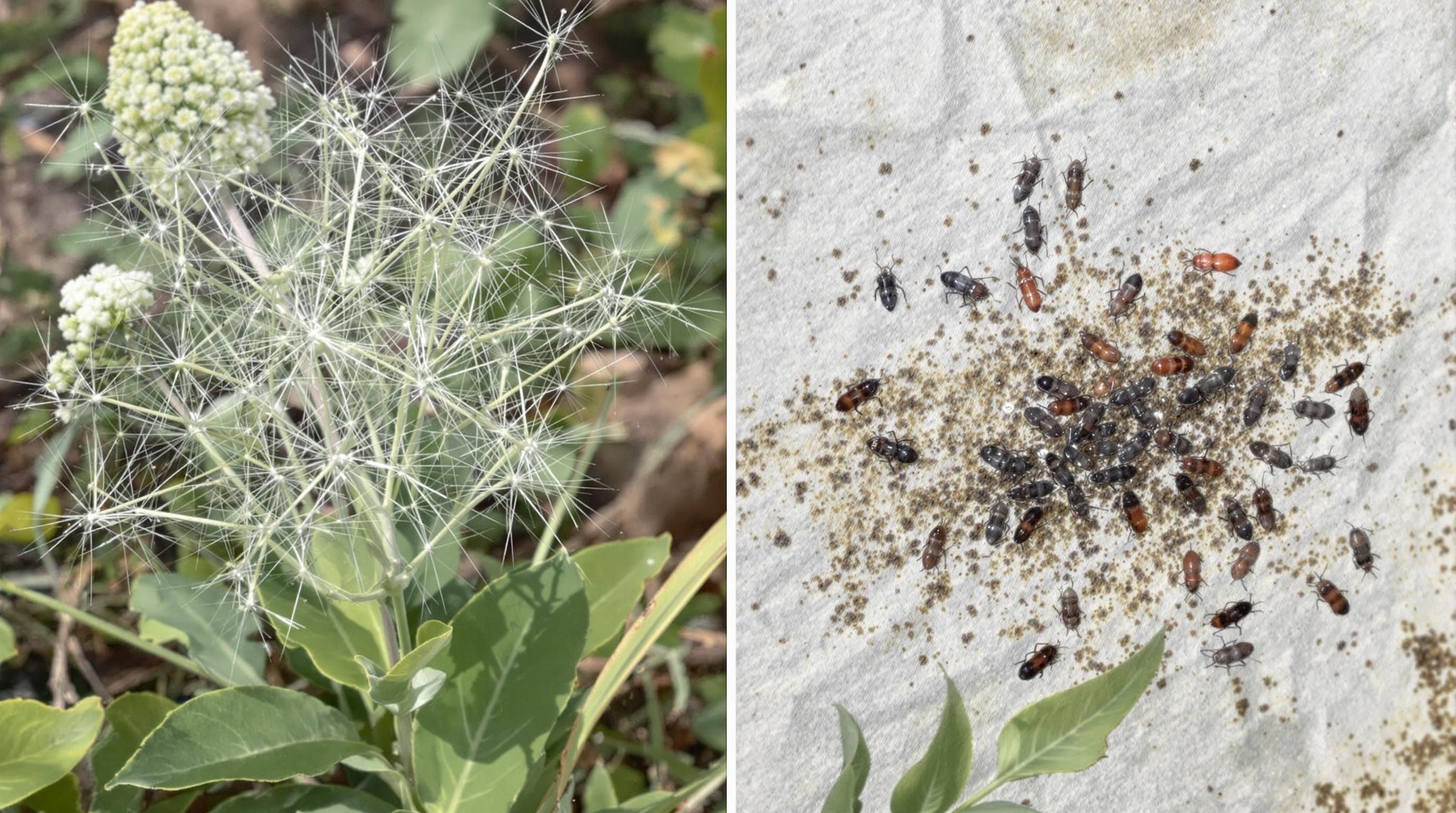Related Articles
- The Hidden Influence of Ergonomics: How Tool Design Shapes Our Physical Spaces and Daily Lives
- The Silent Influence: How Hidden Home Implements Shape Our Daily Routines and Spaces
- The Counterintuitive Role of Chaos: How Messy Tool Storage Can Lead to Unexpected Home Innovations
- Exploring the Unseen: How Audio Experiences Shape the Art of Domestic Spaces and Color Perception
- Rethinking the Mundane: How Everyday Objects are Becoming the Canvas for Modern Artistic Expression in Home Spaces
- Cultivating Chaos: The Surprising Benefits of Embracing Weeds in Your Garden Ecosystem
7 Uncommon Soil Amendments You’ve Probably Never Tried But Can Dramatically Boost Your Garden’s Productivity and Vitality
7 Uncommon Soil Amendments You’ve Probably Never Tried But Can Dramatically Boost Your Garden’s Productivity and Vitality
7 Uncommon Soil Amendments You’ve Probably Never Tried But Can Dramatically Boost Your Garden’s Productivity and Vitality
1. Bokashi
Bokashi is a fermented organic matter produced through a unique anaerobic process. This method involves adding microorganisms to kitchen scraps, which are then buried in the garden. Unlike traditional composting, bokashi allows you to compost meat and dairy products that would typically be avoided due to pests and odors.
The result is a nutrient-dense amendment that not only enriches the soil but also encourages beneficial microbial life. When incorporated into your garden, bokashi can enhance nutrient availability and improve soil structure.
Moreover, bokashi contributes to soil health by increasing microbial diversity and suppressing harmful pathogens, ultimately boosting plant vitality. This ancient Japanese technique is a beguiling addition to any modern gardener’s arsenal.
2. Rock Dust
Rock dust is a finely ground powder made from volcanic or metamorphic rocks. This amendment is rich in minerals and trace elements, which are essential for plant health but often lacking in conventional soils. When applied, rock dust enhances soil fertility and stimulates microbial activity.
Rock dust also improves soil structure, fostering better drainage and aeration. It works slowly over time, which means that it's a long-term investment in your garden’s health. As the dust dissolves, it releases nutrients that are gradually available to plants as they grow.
Pioneering research has shown that incorporating rock dust can significantly improve crop yield and nutrient content in the harvest. With various types available, selecting the appropriate rock dust for your region’s soil composition can provide exceptional results.
3. Mycorrhizal Fungi
Mycorrhizal fungi form a symbiotic relationship with plant roots, enhancing their ability to absorb water and nutrients like phosphorus and nitrogen. This organic amendment can dramatically increase plant growth and resilience against stressors such as drought and disease.
When introduced to your garden, these fungi create a network that connects various plants, allowing them to share resources. This communal aspect of mycorrhizal relationships can optimize nutrient uptake, leading to a more vibrant and productive garden.
Regularly using mycorrhizal inoculants can help establish a thriving ecosystem in your soil. Studies have shown that plants grown with mycorrhizal fungi yield significantly higher harvests, making this amendment a game-changer for gardeners seeking to enhance productivity.
4. Seaweed Meal
Seaweed meal is a potent organic amendment derived from marine algae. Rich in micronutrients, hormones, and enzymes, it can dramatically improve soil vitality. Its inclusion in your garden offers a multitude of benefits, from increasing soil fertility to enhancing moisture retention.
As a slow-release nutrient source, seaweed meal encourages the growth of beneficial microorganisms, ultimately leading to healthier soil. Its unique chemical composition can stimulate plant growth and improve resistance to pests and diseases.
Studies have indicated that crops treated with seaweed meal show improved growth rates and yields due to its rich nutrient profile. Utilizing this marine marvel can, therefore, invigorate your garden in numerous remarkable ways.
5. Coffee Grounds
Used coffee grounds are often overlooked as a valuable soil amendment. With their high nitrogen content, they become an excellent addition to compost piles or directly into garden beds. Coffee grounds can improve soil structure while enhancing moisture retention and drainage.
This byproduct of coffee brewing also attracts beneficial earthworms, boosting soil aeration and nutrient cycling. Additionally, the organic compounds in coffee grounds can foster a more vigorous microbial community.
However, it is crucial to balance coffee grounds with other materials to avoid an overly acidic environment. When used appropriately, coffee grounds can yield a bounty of benefits for your garden and help you recycle waste informatively.
6. Leaf Mold
Leaf mold is created by decomposing fallen leaves over time. This organic matter acts as an excellent soil amendment, enhancing water retention and providing a valuable habitat for beneficial microbes and organisms. Leaf mold's structure offers an airy, crumbly texture that aids in soil aeration.
Utilizing leaf mold in your garden improves nutrient availability while also suppressing weeds and pests. Its slow decomposition rate ensures that it continues to benefit the soil over time, contributing to long-term fertility.
Research indicates that incorporating leaf mold can increase soil aggregate stability and improve overall plant health. This sustainable practice harnesses the natural cycle of decay and rejuvenation, making it a must-try for eco-conscious gardeners.
7. Fur and Hair
Animal fur and hair are often thought of as waste but can provide a unique source of nitrogen that nourishes the soil. Fur and hair break down slowly, providing a long-term nitrogen supply for plant growth while enhancing soil structure and moisture retention.
When added to compost, these materials can become a valuable slow-release fertilizer. The fibers in hair also contribute to beneficial soil aeration, enhancing root development in plants.
Though unconventional, using fur and hair in your garden can repurpose waste efficiently and sustainably. Gardening with such inclusivity showcases the beauty of resourcefulness in cultivating a richer and more productive ecosystem.
